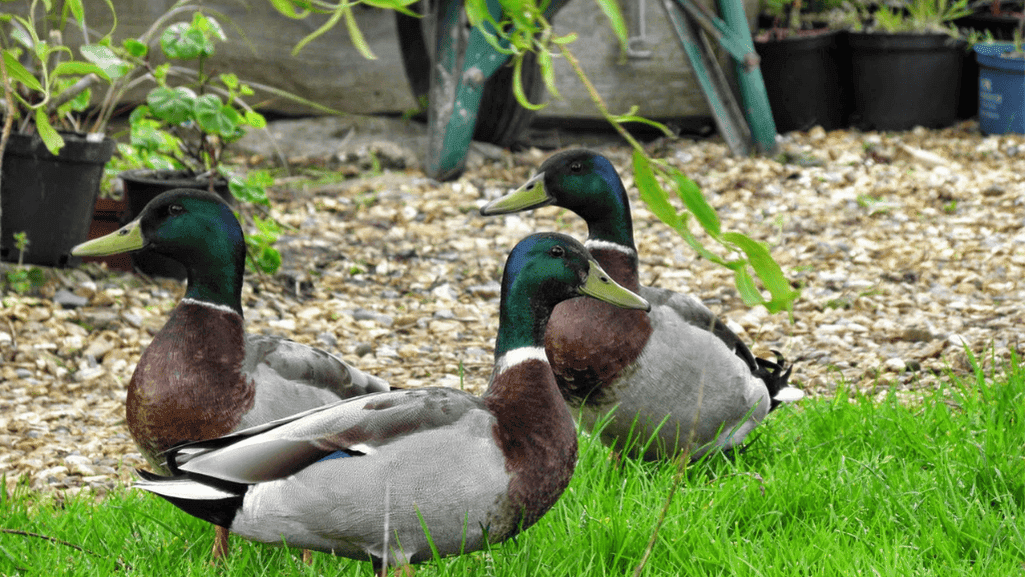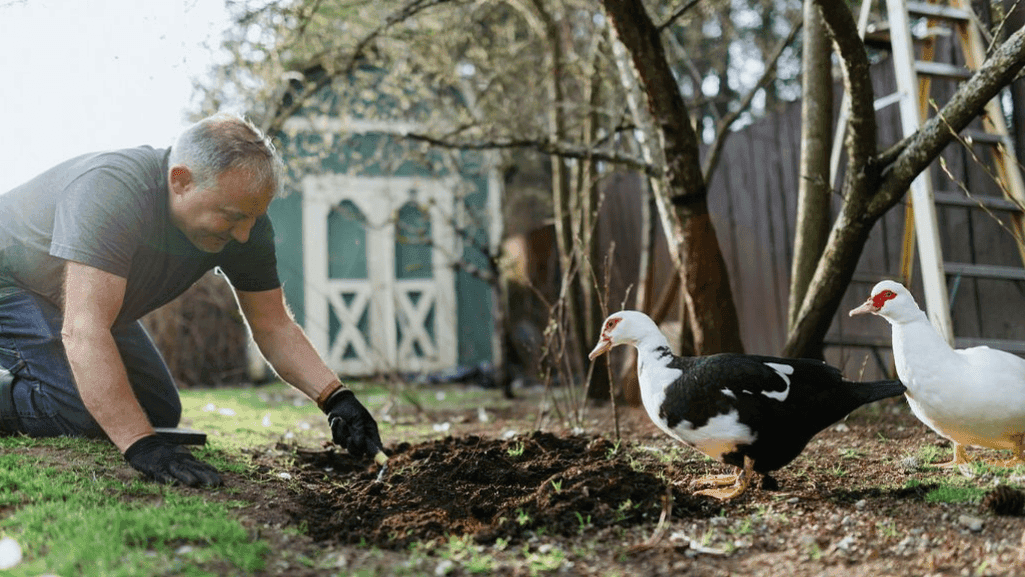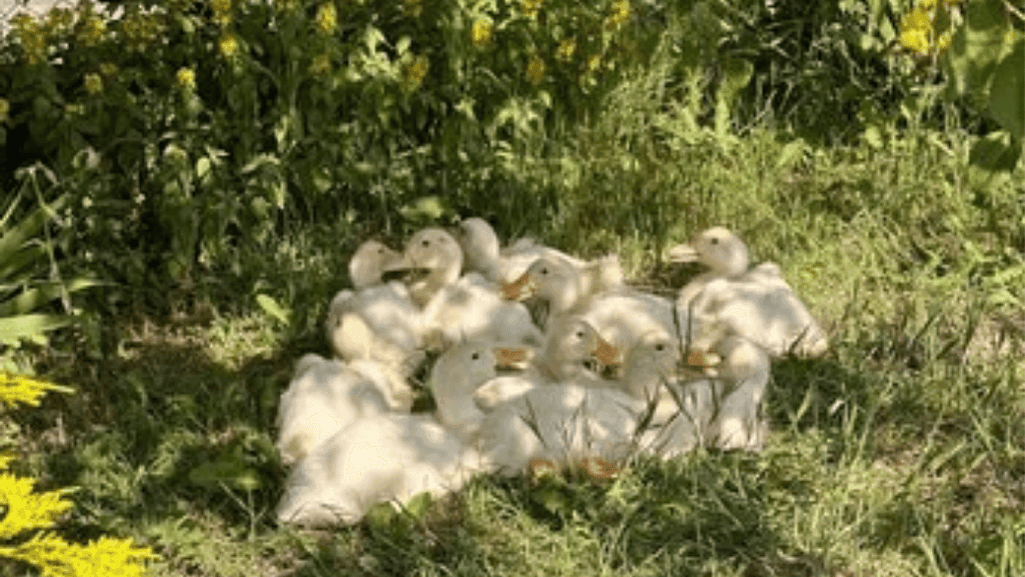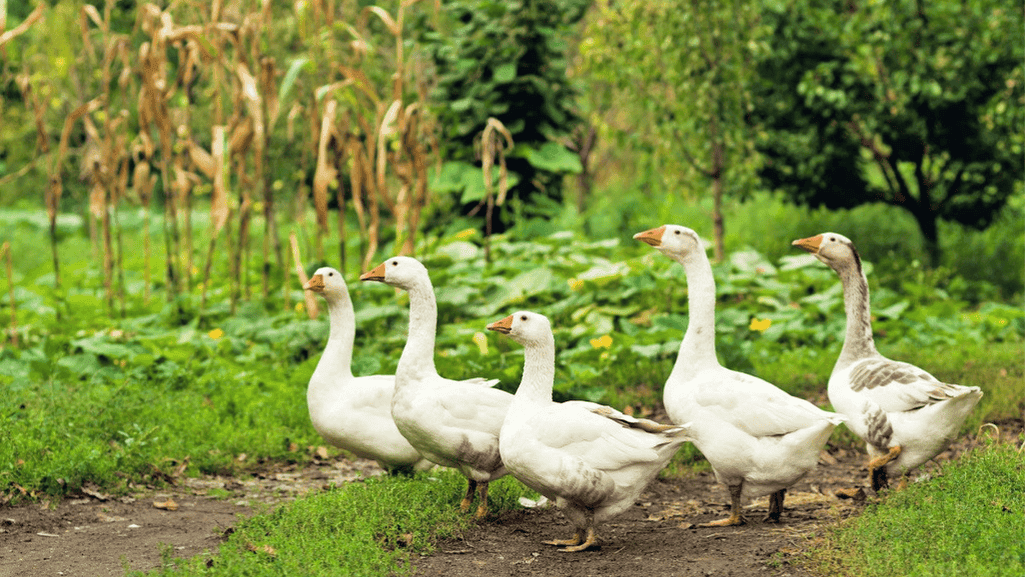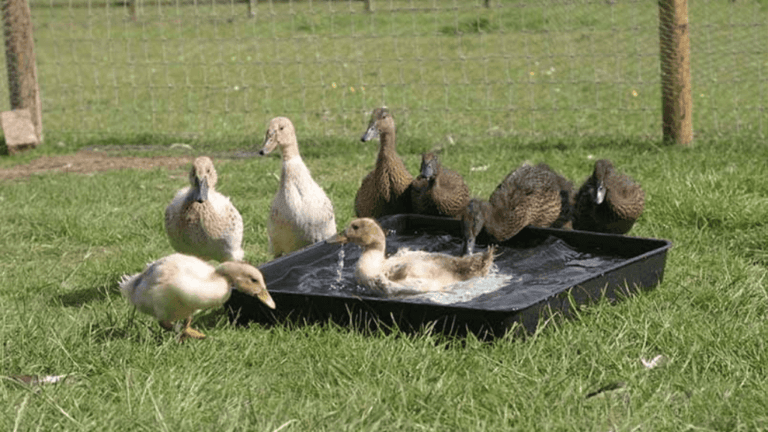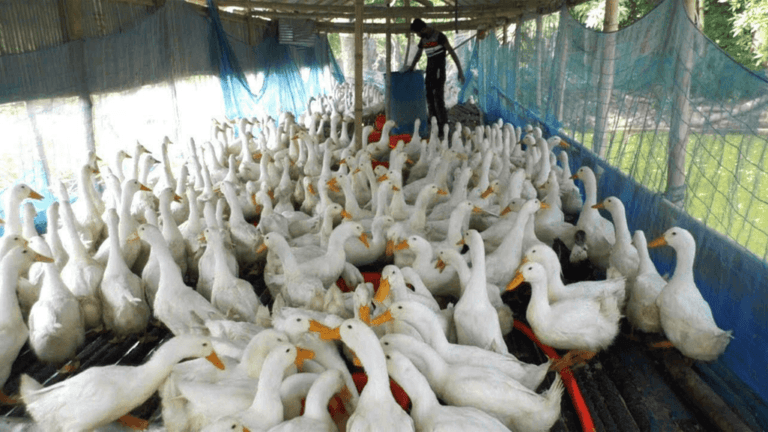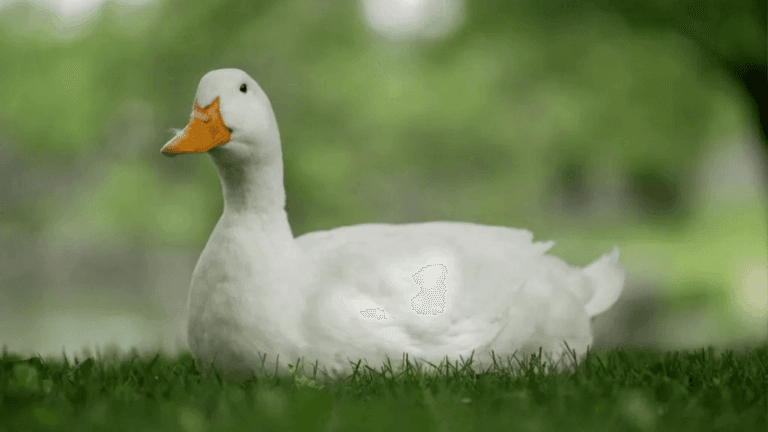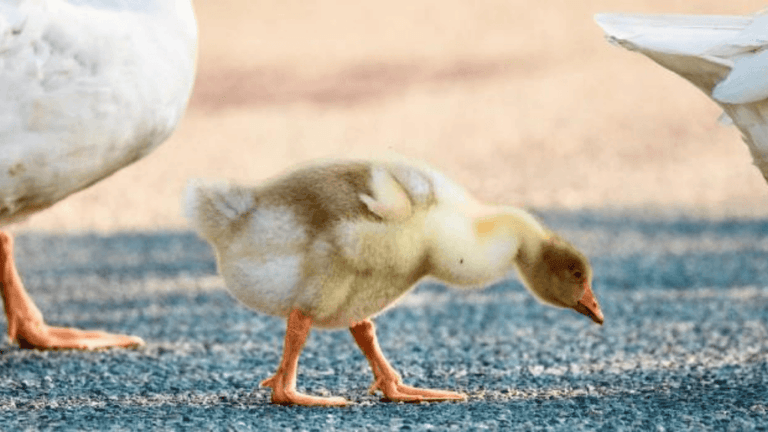Adding poultry keeping ducks in the garden to your outdoor space can transform it into a thriving ecosystem. Ducks, in particular, offer a unique blend of practicality and charm. They provide fresh eggs, natural pest control, and rich fertilizer, making them a valuable addition to any garden.
These feathered friends are excellent foragers, consuming pests like slugs and snails. Their waste is a nutrient-rich fertilizer that enhances soil quality. Plus, their playful presence adds a lively dynamic to your outdoor area.
With proper planning, ducks can coexist with your plants without harming seedlings. They require adequate space and access to water, but their benefits far outweigh the effort. Whether for utility or ornamentation, ducks are a sustainable choice for gardeners.
Key Takeaways
- Ducks provide fresh eggs and natural pest control.
- Their waste acts as a rich fertilizer for garden soil.
- They require adequate space and access to water.
- Ducks are less likely to damage plants compared to chickens.
- They add a lively and sustainable element to any garden.
Discovering the Advantages of Adding Ducks to Your Garden
Introducing ducks to your outdoor space brings a host of benefits that go beyond their charming presence. These feathered helpers are not only delightful to watch but also contribute significantly to a thriving ecosystem. From pest control to soil enrichment, ducks offer practical solutions for gardeners.
Enhanced Pest Control and Natural Fertilization
Ducks are natural foragers, making them excellent at managing pests like slugs and snails. Their diet includes insects, worms, and mosquito larvae, which helps keep your plants healthy. Unlike chickens, ducks are less likely to scratch up your garden, preserving your landscaping.
Their droppings are rich in nutrients, acting as a natural fertilizer. This enhances soil quality, promoting healthier plant growth. With ducks around, you’ll notice a significant reduction in the need for chemical pest control or synthetic fertilizers.
Fresh Eggs and Compost Contributions
One of the standout benefits of ducks is their ability to produce fresh eggs. Duck eggs are larger and richer in nutrients compared to chicken eggs, making them a valuable addition to your kitchen. On average, a single duck can lay up to 300 eggs annually.
Their manure is also a boon for composting. When added to your compost pile, it accelerates decomposition and enriches the final product. This nutrient-rich compost can then be used to nourish your garden, creating a sustainable cycle.
For those considering a mixed flock, ducks and chickens can coexist harmoniously with proper planning. Each species brings unique benefits, enhancing the overall productivity of your outdoor area.
Essential Considerations for Keeping Ducks in the Garden
Raising poultry outdoors requires thoughtful planning to ensure their well-being and safety. These feathered companions have specific needs that must be met for them to thrive. From daily care routines to seasonal adjustments, understanding their requirements is key.
One of the most critical needs is access to water. Birds require water deep enough to submerge their bills for cleaning. This helps maintain their feathers and overall condition. Without proper hydration, their health can quickly decline.
Feeding routines are another essential aspect. A balanced diet of grain and feed mixes ensures they receive the necessary nutrients. Treats like bugs can be added but should not exceed 10% of their diet. Regular feeding schedules help keep them healthy and active.
Predators pose a significant threat to outdoor birds. Raccoons, foxes, and even neighborhood dogs can harm your flock. Secure enclosures and nightly checks are crucial to protect them. Understanding their natural behaviors, such as settling at night, can also help you create a safer environment.
Finally, time and effort are essential for maintaining a happy flock. Daily cleaning, health checks, and monitoring their interactions with plants ensure they coexist harmoniously with your outdoor space. For more insights on balancing the pros and cons of raising birds outdoors, check out this detailed guide.
Planning and Designing Your Duck-Friendly Garden
Designing a space that accommodates both plants and poultry requires careful thought and planning. A well-organized outdoor area ensures your feathered friends thrive while maintaining the beauty of your greenery. Start by focusing on two key elements: a secure coop and a functional pond.
Creating a Secure Coop and Enclosed Run
Safety is paramount when housing birds outdoors. A sturdy coop protects them from predators and harsh weather. Use materials like concrete or natural stone for durability. Ensure the enclosure has at least 3 square feet of space per bird to prevent overcrowding.
An enclosed run provides a safe area for foraging and exercise. Opt for chicken wire or similar fencing to keep predators out. Place the coop and run in a shaded area to protect the birds from extreme heat.
Establishing a Pond and Water Source
Water is essential for ducks’ health and happiness. A pond offers a space for bathing and foraging, while also enhancing the aesthetic of your outdoor area. Choose a size that fits your space, ensuring it’s deep enough for the birds to submerge their bills.
For design inspiration, check out this duck pond guide. It provides tips on optimizing shape, vegetation, and maintenance. A well-planned pond not only supports your birds but also attracts other wildlife, creating a vibrant ecosystem.
Remember, the placement of the pond should allow easy access for cleaning and refilling. Consider using brick pavers or gravel around the edges to prevent mud and maintain a tidy appearance.
“A thoughtfully designed outdoor space can transform your garden into a haven for both plants and poultry.”
By focusing on these elements, you’ll create a harmonious environment that benefits both your birds and your garden. Whether you’re a seasoned poultry keeper or a beginner, these tips will help you design a functional and beautiful outdoor area.
Choosing the Right Duck Breeds and Caring for Ducklings
Selecting the right duck breeds and understanding their care is essential for a thriving outdoor space. Whether you’re looking for high egg production or a friendly temperament, choosing the best fit for your area ensures success. Proper care for ducklings also lays the foundation for healthy, productive birds.
Selecting the Ideal Duck Breed for Your Garden
Different breeds offer unique benefits. Khaki Campbells are known for their prolific egg-laying, producing up to 300 eggs annually. They’re ideal for those prioritizing egg production. Muscovy ducks, on the other hand, are quieter and excel at pest control, making them a great choice for smaller areas.
If you’re looking for a dual-purpose breed, Pekin ducks are a popular option. They’re docile, lay large white eggs, and adapt well to various environments. For a more ornamental choice, consider Cayuga ducks, which lay unique dark eggs and are hardy in extreme temperatures.
When selecting a breed, consider factors like space, egg production, and temperament. Resources like specialized books and online guides can help you make an informed decision.
Proper Care and Handling of Ducklings
Raising ducklings requires attention to their specific needs. Start with a brooder set to 90°F for the first week, decreasing the temperature by 5°F each week. Use a high-protein feed to support their rapid growth, switching to a lower-protein diet after 2-3 weeks.
Water is crucial for ducklings, but they should not swim unsupervised until they’re fully feathered, around ten weeks old. Provide a shallow waterer for dipping their bills, and change the water frequently to keep it clean.
Gradually introduce ducklings to their outdoor area, ensuring it’s safe from predators. Supervised playtime helps them acclimate to their new environment. With proper care, your ducklings will grow into healthy, productive birds.
“Choosing the right breed and providing proper care ensures your ducks thrive and contribute to your outdoor space.”
By focusing on these aspects, you’ll create a harmonious environment that benefits both your birds and your garden. Whether you’re a seasoned poultry keeper or a beginner, these tips will set you up for success.
Nurturing a Sustainable and Safe Garden Ecosystem
Creating a balanced ecosystem with ducks involves careful attention to their feeding and safety needs. These feathered helpers not only enhance your outdoor space but also require specific care to thrive. By focusing on nutrition and protection, you can ensure a harmonious environment for both your birds and plants.
Managing Feeding and Nutritional Needs
A well-balanced diet is essential for healthy ducks. Start with a base of high-quality grain or feed mixes to meet their nutritional requirements. Supplement their diet with fresh greens, insects, and occasional treats like mealworms. Avoid overfeeding treats, as they should make up no more than 10% of their diet.
Seasonal adjustments are crucial. During colder months, increase their calorie intake to help them stay warm. In warmer months, provide plenty of fresh water and shade to prevent overheating. Monitoring their eating habits ensures they remain active and healthy.
Ducks also play a vital role in natural pest control. Their foraging habits help reduce unwanted insects and snails, making them a valuable addition to any garden. For more tips on keeping ducks as pets, explore this comprehensive guide.
Predator-Proofing and Ongoing Maintenance
Protecting your flock from predators is a top priority. Install sturdy fencing around their living area to keep out raccoons, foxes, and other threats. Use hardware cloth instead of chicken wire, as it’s more durable and difficult for predators to penetrate.
Regular maintenance is key to a thriving ecosystem. Clean their coop weekly to prevent the buildup of waste and debris. Check water sources daily to ensure they’re clean and accessible. A well-maintained environment supports both your ducks and the surrounding green space.
Incorporate native plants around their area to enhance biodiversity and provide natural shelter. This not only benefits your ducks but also attracts beneficial insects and wildlife. A thoughtfully designed space ensures a sustainable and safe environment for all.
“A balanced approach to feeding and safety ensures your ducks thrive while contributing to a vibrant garden ecosystem.”
- Provide a balanced diet with grains, greens, and occasional treats.
- Adjust feeding routines seasonally to meet their needs.
- Install predator-proof fencing and conduct regular maintenance checks.
- Use native plants to enhance biodiversity and provide natural shelter.
- Monitor water sources and clean their living area weekly.
Conclusion
Integrating ducks into your outdoor area offers a blend of practicality and charm, enhancing both productivity and aesthetics. These feathered helpers provide fresh eggs, natural pest control, and nutrient-rich fertilizer, making them a valuable addition to any space. With proper planning, they can coexist harmoniously with your plants, ensuring a thriving ecosystem.
To maintain a healthy environment, focus on daily care routines and preventive measures against predators. Ensure access to clean water and provide adequate shade for their comfort. A well-designed space not only supports their needs but also protects your seedlings and other plants.
Consider the rewards and challenges of adding small livestock to your area. By applying expert advice, you can create a balanced and sustainable space that benefits both the birds and the person caring for them. For further insights, explore additional resources and revisit planning guides to deepen your understanding.


